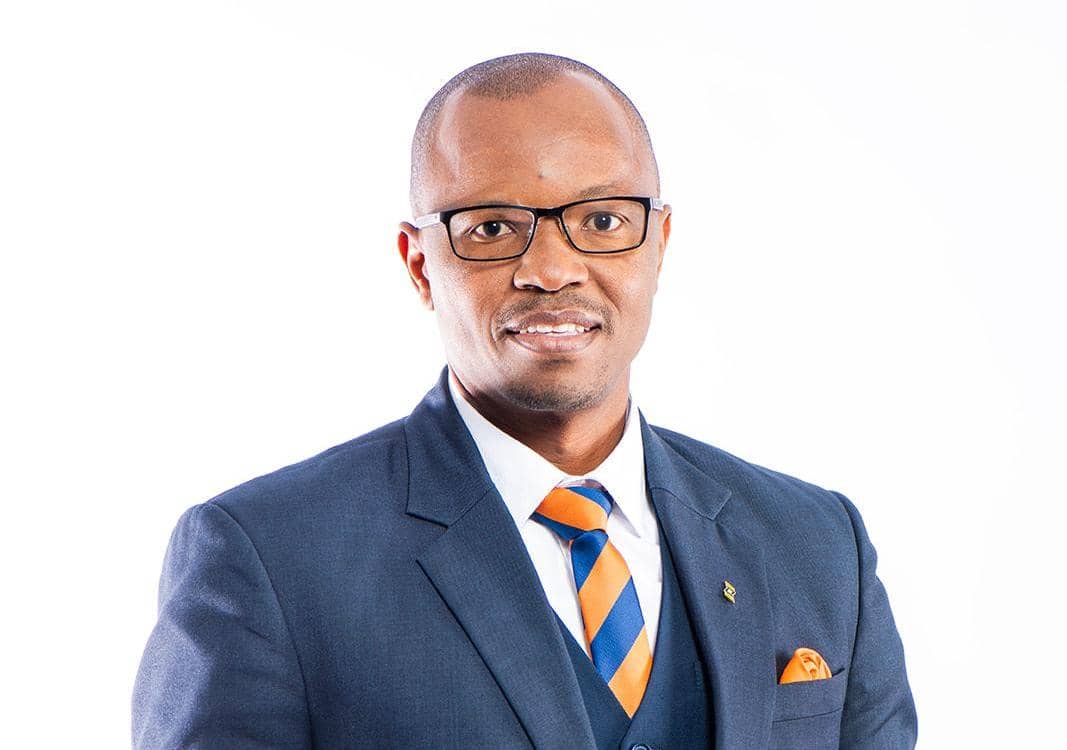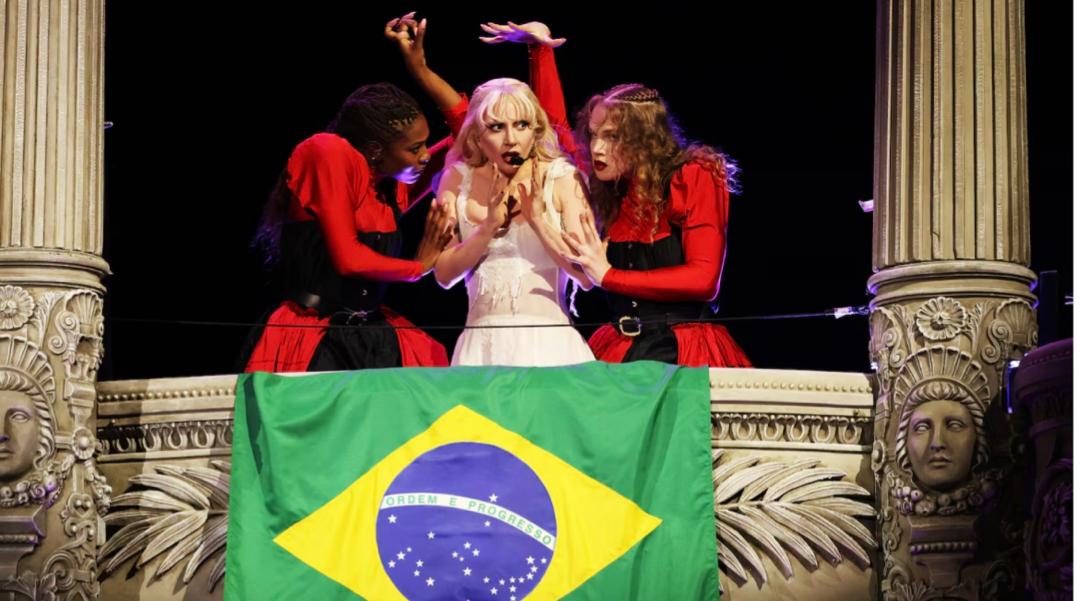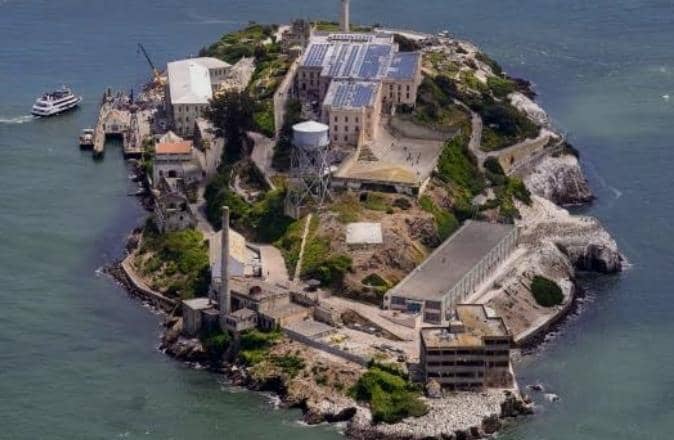I HAVE never been to Cuba. But I like the ‘Buena Vista Social Club’ and Cuban salsa, and my favourite bar in Paris is Afro-Cuban.
In the main, Cuba is the subject of many obsessions and discussion, both from a political and cultural (salsa, cigars) point of view. Politically, Castro’s rule of Cuba for five decades has come to symbolise resistance against western hegemony and in particular American domination and values.Three weeks ago ‘Le Lider Maximo’ (Maximum Leader) Fidel Castro renounced leadership due to ailing health in favour of his brother Raul Castro.The departure of Le Lider Maximo from the first line of politics generated many responses around the world, including Namibia.These responses ranged from the extreme or irresponsible comments of John McCain, the Republican presidential nominee who said that he wished death on Castro.On the other side of the political Potomac, comments of admiration flew from a horde of Namibian political leaders, both in the opposition as well as from our Head of State.Evidently, our admiration is overtly political and pointedly ideological.As such, this admiration is rooted in a certain geopolitical context, the Cold War.Within that context, Fidel Castro contributed immensely to the worthy cause of liberation in Africa.And as Namibians we are first to admit the decisive nature of Cuba’s support in terms of troops on the war front in Angola.The bonds of friendship minted during this difficult era still continue to be nurtured in a post-colonial Namibia in the form of Namibians who received their education and training in Cuba.In addition, our health sector is also a beneficiary of Cuban benevolence in the form of medical practitioners and personnel who are seconded from this small island to assuage our skills shortage.Any Namibian, irrespective of his or her ideological or political outlook, would be proud of these bilateral relations.But we ought to be more circumspect with regard to the political situation in Castro’s dynasty.And I think it is perhaps here where those who are less constrained and liberated by the weight of the Cold War and its intricate liberation friendships would have done well to say something about the state of politics in Cuba.Most importantly, such a task is (perhaps urgently) incumbent upon the opposition, and it could have done well to raise its voice against the state of opposition politics in that island.They all lost that opportunity in their pronouncements.This in itself raises a list of issues as to what opposition politics should be all about outside the national context.Admittedly, our Government could be constrained as a consequence of its friendships and perhaps the lightweight nature of our country in international relations.But this is also an ethical policy issue and the content (values and aspirations) that we give to our foreign policy 18 years after liberation.The foreign policy scholar Christopher Hill argues that foreign policy is an extension of the domestic values and aspirations on the international fora.In a young democracy like ours, these values are under negotiation and construction.But on the whole we have accepted a democratic order as the best form of organising our political and social life.The concern here then extends to the values that opposition parties stand for and what they are prepared to defend when they speak about external events.What does it mean for an opposition party in Namibia when there is an absence of dissent and opposition politics in Cuba? What does it mean when ordinary Cubans are not allowed into tourist hotels? I don’t know what it means for a citizen and for the “revolution” when the president of a country is appointed by his brother and confirmed by a partisan assembly.Most importantly, such a discussion does pose the problematic as to what should constitute the revolution as an idea and ideal.I believe that as Namibians when we praise and defend a certain political order, it means that as human beings we should be able to live in that order.Yet, I am not sure if many of us would be prepared to live as ordinary citizens with an average salary of US$20 per month in Castro’s Cuba.In fact, most Cubans, if given the chance, would not mind giving Miami in the United States a try for a better life.Some of the doctors who assist us have in recent years refused to return back to Cuba upon completion of their tour of duty, preferring asylum in the United States.Similarly, North Koreans would not mind crossing over into South Korea for a better way of life.I am not defending liberal democracies per se, but we should also note and admit that democratic and open societies have done far better for their citizens than totalitarian regimes.The point deserving emphasis here is that the Cuban revolution that we praise has become obsolete in our times.It has lost its sense.The desire to be free in terms of choice and expression is a human instinct and my best guesses are that many Cubans want to be part of this world.Yet they are excluded in the name of the Castro’s gerontocracy and its idea of the revolution.* Alfredo Tjiurimo Hengari is a PhD fellow in political science at the University of Paris-Panthéon Sorbonne, France.Politically, Castro’s rule of Cuba for five decades has come to symbolise resistance against western hegemony and in particular American domination and values.Three weeks ago ‘Le Lider Maximo’ (Maximum Leader) Fidel Castro renounced leadership due to ailing health in favour of his brother Raul Castro.The departure of Le Lider Maximo from the first line of politics generated many responses around the world, including Namibia.These responses ranged from the extreme or irresponsible comments of John McCain, the Republican presidential nominee who said that he wished death on Castro.On the other side of the political Potomac, comments of admiration flew from a horde of Namibian political leaders, both in the opposition as well as from our Head of State.Evidently, our admiration is overtly political and pointedly ideological.As such, this admiration is rooted in a certain geopolitical context, the Cold War.Within that context, Fidel Castro contributed immensely to the worthy cause of liberation in Africa.And as Namibians we are first to admit the decisive nature of Cuba’s support in terms of troops on the war front in Angola.The bonds of friendship minted during this difficult era still continue to be nurtured in a post-colonial Namibia in the form of Namibians who received their education and training in Cuba.In addition, our health sector is also a beneficiary of Cuban benevolence in the form of medical practitioners and personnel who are seconded from this small island to assuage our skills shortage.Any Namibian, irrespective of his or her ideological or political outlook, would be proud of these bilateral relations.But we ought to be more circumspect with regard to the political situation in Castro’s dynasty.And I think it is perhaps here where those who are less constrained and liberated by the weight of the Cold War and its intricate liberation friendships would have done well to say something about the state of politics in Cuba.Most importantly, such a task is (perhaps urgently) incumbent upon the opposition, and it could have done well to raise its voice against the state of opposition politics in that island.They all lost that opportunity in their pronouncements.This in itself raises a list of issues as to what opposition politics should be all about outside the national context.Admittedly, our Government could be constrained as a consequence of its friendships and perhaps the lightweight nature of our country in international relations.But this is also an ethical policy issue and the content (values and aspirations) that we give to our foreign policy 18 years after liberation.The foreign policy scholar Christopher Hill argues that foreign policy is an extension of the domestic values and aspirations on the international fora.In a young democracy like ours, these values are under negotiation and construction.But on the whole we have accepted a democratic order as the best form of organising our political and social life.The concern here then extends to the values that opposition parties stand for and what they are prepared to defend when they speak about external events.What does it mean for an opposition party in Namibia when there is an absence of dissent and opposition politics in Cuba? What does it mean when ordinary Cubans are not allowed into tourist hotels? I don’t know what it means for a citizen and for the “revolution” when the president of a country is appointed by his brother and confirmed by a partisan assembly.Most importantly, such a discussion does pose the problematic as to what should constitute the revolution as an idea and ideal.I believe that as Namibians when we praise and defend a certain political order, it means that as human beings we should be able to live in that order.Yet, I am not sure if many of us would be prepared to live as ordinary citizens with an average salary of US$20 per month in Castro’s Cuba.In fact, most Cubans, if given the chance, would not mind giving Miami in the United States a try for a better life.Some of the doctors who assist us have in recent years refused to return back to Cuba upon completion of their tour of duty, preferring asylum in the United States.Similarly, North Koreans would not mind crossing over into South Korea for a better way of life.I am not defending liberal democracies per se, but we should also note and admit that democratic and open societies have done far better for their citizens than totalitarian regimes.The point deserving emphasis here is that the Cuban revolution that we praise has become obsolete in our times.It has lost its sense.The desire to be free in terms of choice and expression is a human instinct and my best guesses are that many Cubans want to be part of this world.Yet they are excluded in the name of the Castro’s gerontocracy and its idea of the revolution.* Alfredo Tjiurimo Hengari is a PhD fellow in political science at the University of Paris-Panthéon Sorbonne, France.
Stay informed with The Namibian – your source for credible journalism. Get in-depth reporting and opinions for
only N$85 a month. Invest in journalism, invest in democracy –
Subscribe Now!










